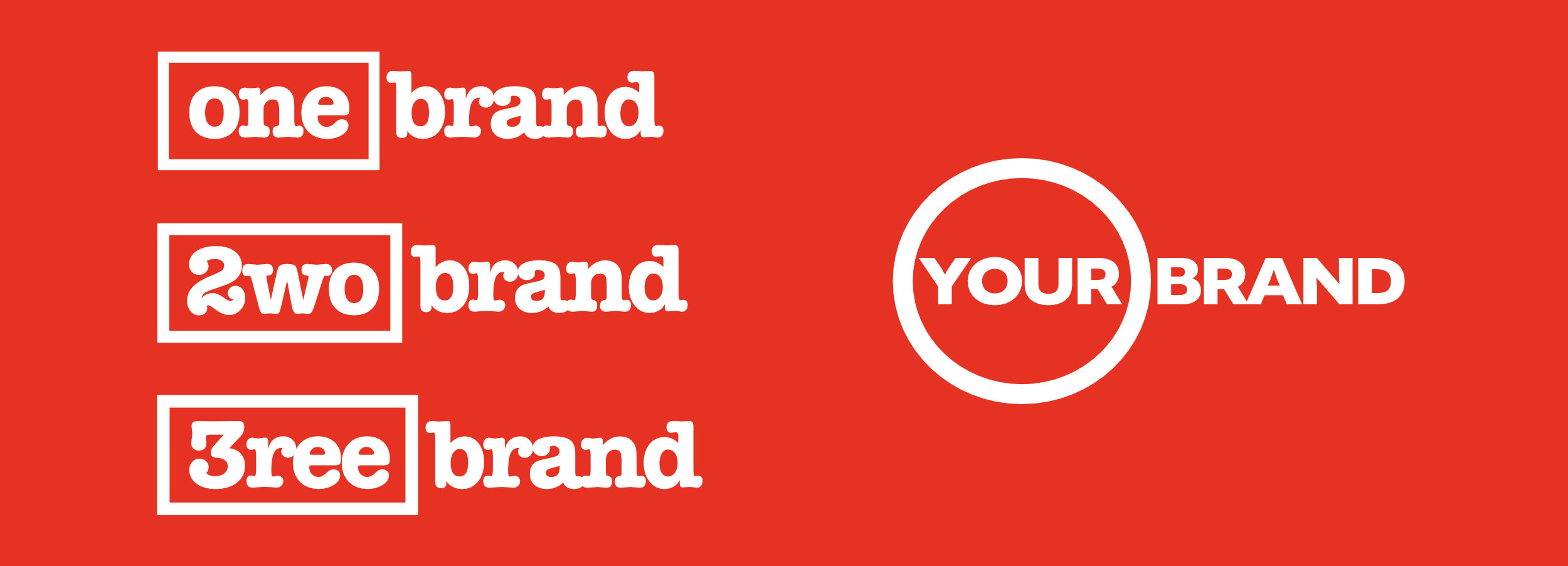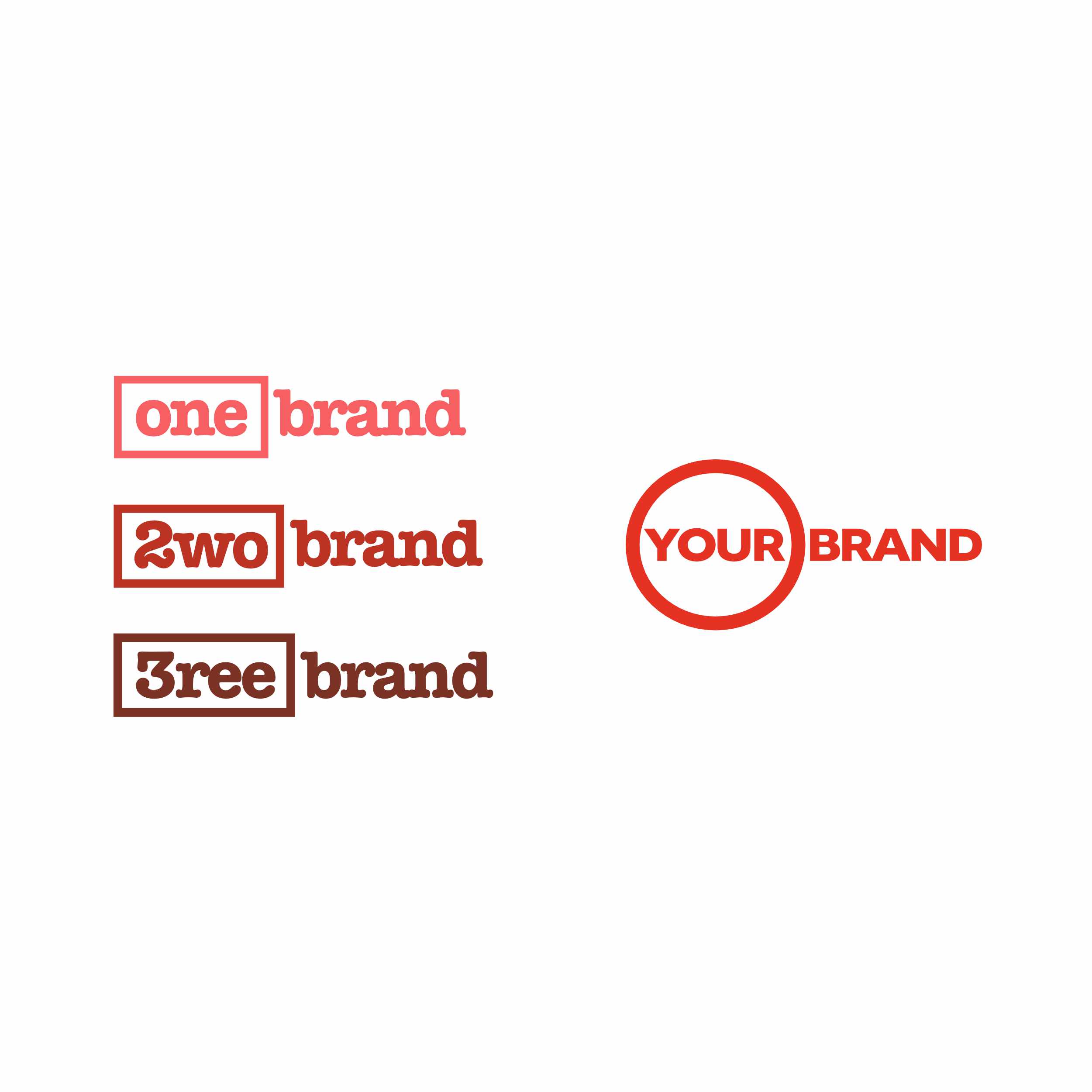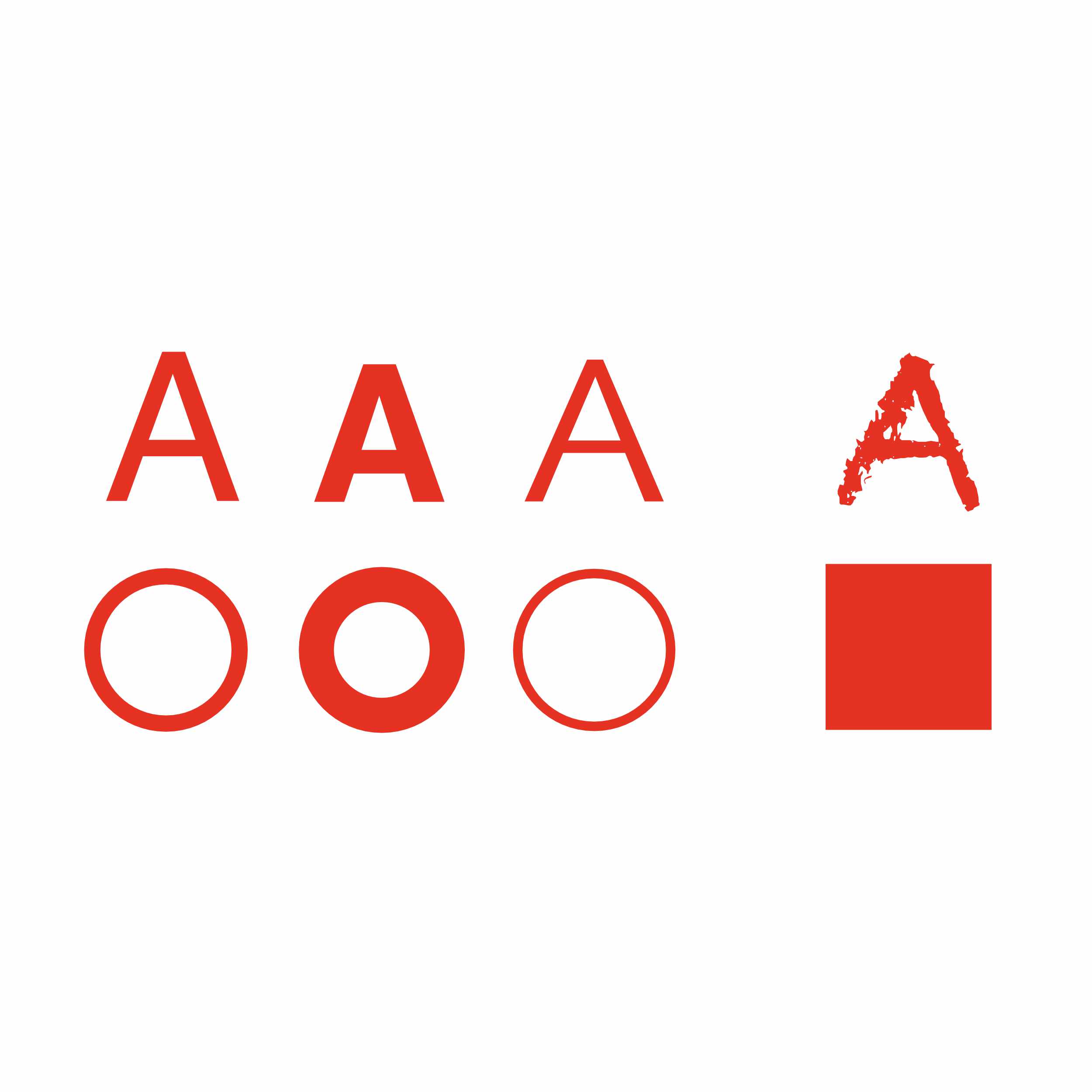



Friday, 22 May 2020
An effective logo requires research, consideration and attention to detail to ensure the final logo design is appropriate for the target market, projects the correct message, and has the ability to transform a business by attracting the right people.
If poorly designed, a logo can have a negative effect on the perception of your business.
A logo is a specific brand's message via a graphic element. It is however not the brand, but merely a representation of who they are. It is important to understand the difference between a logo and the associated brand, and how they connect.
Consider a logo as your brand window. If the window is broken, replacing it with a new one will not fix the reason why the window broke in the first place.
From billboards to posters and app icons to favicons. When it comes to logos, your design has the potential to be viewed across many mediums, and has to be able to scale comfortably whilst maintaining legibility and brand recognition.

Keep it simple. By removing unnecessary flourishes and superfluous detail from the design, we're ensuring the logo will be scalable, easier to 'read' and hopefully stand the test of time.

Ensuring a logo is clear in design helps convey a coherent brand message, reflecting a distinct identity in its selected colour, shape or typeface where applicable.

Wherever we look, we're surrounded by logos. From cars to cosmetics to confectionery, each fall into their own relevant category. It's our job to help make a logo stand out from the crowd without deviating too far from what is considered appropriate.

Understanding the business sector is essential in creating a logo that is fit-for-purpose. If we differentiate too much, there's potential the design will be irrelevant and confusing.

A logo should have simplicity in its message, communicating a general idea of purpose, without having to express that purpose explicitly. Furthermore, an abstraction of information has the potential to form solid branding foundations for the future.

Trends come and go. It can be tempting to design based on the hottest new ideas and styles, but ensuring you listen to the problem and solve it accordingly, the design should form its own conclusion, outside of trend influence.
